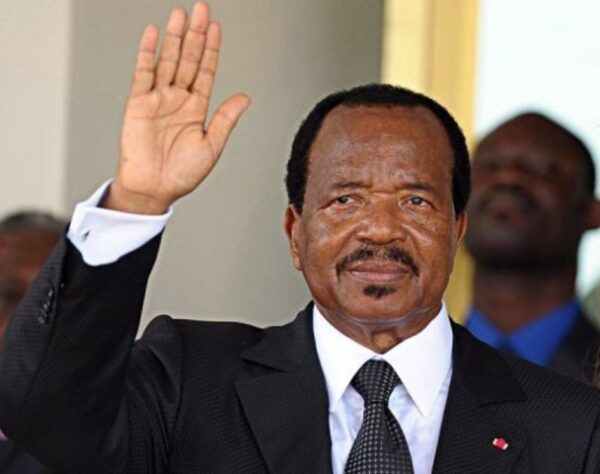On July 26, 2025, Elections Cameroon (Elecam), through the voice of the president of its Council, Enow Abraham Egbe, made public the list of 13 candidates that this election management body in Cameroon had validated out of the 84 files it had received since the convocation, on July 11, 2025, of the electoral body by the outgoing head of state, Paul Biya. Not surprisingly, we can say, the candidacy of the latter was retained alongside those of other politicians who are considered major players since the return to multipartyism in Cameroon in 1990.
Among them, his former allies, Bello Bouba Maïgari, from the National Union for Democracy and Progress (UNDP), Issa Tchiroma Bakari, from the National Front for the Salvation of Cameroon (FNSC). It is remembered that, a few days before the convocation of the electoral body, these two former government members had resigned from their positions as Minister of Tourism, for the first, and Minister of Employment, for the second. Both cited “the impossibility of meeting Paul Biya, our ally, for years”. And concluded that “the country is no longer led by our ally”.
Alongside these two former comrades (both of whom were members of the UNDP in the early days of multipartyism), we find former candidates in the election. Especially Joshua Osih of the Social Democratic Front (SDF), considered as the heir of the late Ni John Fru Ndi, the founding father of this political party created on May 26, 1990 in Bamenda. Another heir managed to slip through the net set by Elecam. This is Patricia Hermine Tamaino, the widow of Adamou Ndam Njoya, founder of the Democratic Union of Cameroon (UDC). It is under the banner of this political party that she will compete on October 12, 2025.
Kamto rejected, Cabral Libii escapes
The period preceding the publication of this list of presidential candidates was marked by the situation of two applicants whose files were the subject of controversy. First, Cabral Libii. His candidacy, and beyond that, his position as president of the Cameroonian Party for National Reconciliation (PCRN) were contested by Robert Kona, the founder of this political party. For almost two years, the requests of the latter have been rejected by the court, which confirms Cabral Libii in his position. Even the last attempt to file an urgent application during the candidate filing process ended in failure. However, Robert Kona still hopes that “the Supreme Court, to which I have submitted the case, will rule in my favor”.
If Cabral Libii escaped the guillotine, but especially the traps he believed were set by the Minister of Territorial Administration, Paul Atanga Nji, this is not the case for Maurice Kamto, the resigned president of the Movement for the Rebirth of Cameroon (MRC). For not having participated in the municipal and legislative elections of February 2020, he could not run for the 2025 presidential election. To circumvent the provisions of the Cameroonian electoral code which require any presidential candidate to have at least one local elected official in their party, the “penalty shooter” of 2018 turned to the African Movement for New Independence and Democracy (Manidem) of Anicet Ekane, which has only one municipal councilor. Unfortunately, a few days ago, a press release from the Steering Committee of this party contested the agreement reached between its president and Maurice Kamto. In this context, Manidem presented a second candidate who cancelled the candidacy of the former deputy minister to the Minister of Justice (2004-2011).
Risks of uprisings
In anticipation of this rejection, in recent times, supporters of Maurice Kamto had been calling for a popular uprising. As a result, all services dedicated to security were on high alert, including the United Nations security department. This confirmed the concerns of rating agencies, including Fitch Ratings and Moody’s, as well as the International Monetary Fund (IMF). All mentioned the risks of uprisings related to the October 2025 presidential election that could impact the country’s economy.
As a reminder, after the publication of this initial list, the rejected candidates will now turn to the Constitutional Council, which will have to make a final decision within 10 days of being seized.


